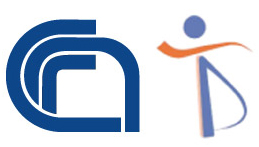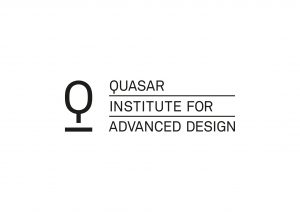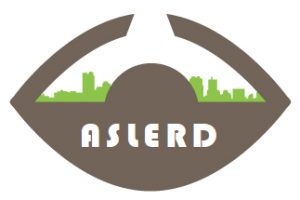WORKSHOPS
• Design of high quality Alternation (ASL) processes to develop transversal competences – Design di percorsi di Alternanza Scuola Lavoro di qualità per lo sviluppo di competenze trasversali
(in Italian – in italiano)
featured and conducted by ASLERD members (Vincenzo Baraniello, Carlo Giovannella, Paolo Mondini) and Marilena Palombi (Softlab)
May 21 – 9.00/13:00 @ ISIA
(still available places: 5)
I partecipanti al workshop lavoreranno sul co-design di percorsi di eccellenza che, auspicabilmente potranno interessare il territorio di riferimento e, siano mirati a far sviluppare agli studenti competenze trasversali integrate a competenze digitali e/o professionali. A partire dalla definizione della fasi del processo e delle azioni che lo comporranno si procederà, passo dopo passo, nel percorso progettuale sino ad arrivare alla pianificazione di una certificazione, basata sugli “open badge”, pensata in modo tale da poter essere spendibile nel mercato del lavoro.
The participants will be stimulated to co-design a school-work alternation scheme aimed, within the territorial development and social innovation frameworks, at developing an adequate set of transversal competencies, possibly integrated with digital and/or professional ones. Starting with the definition of the working packages and tasks of the alternation process the co-design will proceed on till the planning of an open badge based certification.
Target audience: school principals, schools designers, teachers involved in learning design
(Dirigenti scolastici e docenti coinvolti nel design di processi di ASL, responsabili ASL aziendali)
• The cornerstones of brilliant learning environments: Culture, Pedagogy and Physical space
featured and conducted by Ante Runnquist
May 21 – 14.00/18:00 @ ISIA
(still available places: 5)
During this workshop we will explore how we can develop put learning environments using a concrete and tested model. The basic model’s basic assumption is that we should strive for an alignment between culture, pedagogy and properties and design of the physical learning environment. Our aim: to identify areas for development and define actions that will benefit learning outcomes.
Preparation: Bring two photos from your own school/workplace, one that’s an illustration to something you really like and one of something you find really dysfunctional or bad. -The photos can be taken with your phone (quality not a priority) and prepare a motivation/story to your photos!
Target audience: school principals, schools designers, teachers involved in learning design
• Co-designing services with a local community as a possible form of social innovation.
How to carry out place-based experiments in between design research and education.
featured and conducted by Daniela Selloni
May 23 – 11.00 /16:00 @ Quasar Institute for Advanced Design,
(still available places: 5)
During this workshop, participants will explore the path of a possible social innovation, building upon the main activity of co-designing services with local residents as a part of a fictional educational format.
Participants will simulate the main steps of this path: from meeting a community, to extracting and selecting service topics, identifying local stakeholders, co-designing services with them and prototyping. All these stages are the steps of a possible educational format and of a possible action-research. At the same time, this is a way to develop an intervention format at a local scale that hopefully is able to trigger a social innovation.
Target audience: school principals, teachers involved in initiatives related to social innovation (also ASL), design students
SATELLITE EVENT
Up2U: an Innovative Smart Ecosystem for the European Education, between social learning technology and operative competence sharing
May 21 – 9.00 /13:00 @ ISIA Roma
(for more information on this satellite event write to stefano [dot] lariccia [at] uniroma1 [dot] it)
Abstract
Purpose of this Special Event is to attract learners, teachers and researchers working on the wide area of Regional Districts of Digital Technology and Heritage to adopt the Up2U infrastructure to boost informal learning inside formal educational institutions. In Europe this infrastcture will be adopted by a large number of formal and not formal educational entitites. Beside, many extra-european, african and asian NRENS are willing to adopt it for their public educational systems.
We want to focus this event to the specific role that Up2U Ecosystem – with its features of Openess, Flexibility, Security, Privacy Laws compliance and reachness of diverse tools – could play in providing learning tools for Heritage curators Content creators and Content Manager (regional federations of Museums, of Libraries, of Archeological Sites) with a futuristic infrastructure where new content, new use models, new business models can be designed and developed from learning communities like those created around a secondary schoool classroom, a vocational class, a master class and a university degree.
Contributions will be collected from the H2020 project partners and from real pilots from Germany, Greece, Hungary, Italy, Poland Portugal, Lithuania, Spain, Switzerland and other communities.
SLERD 2019 has been supported by:





